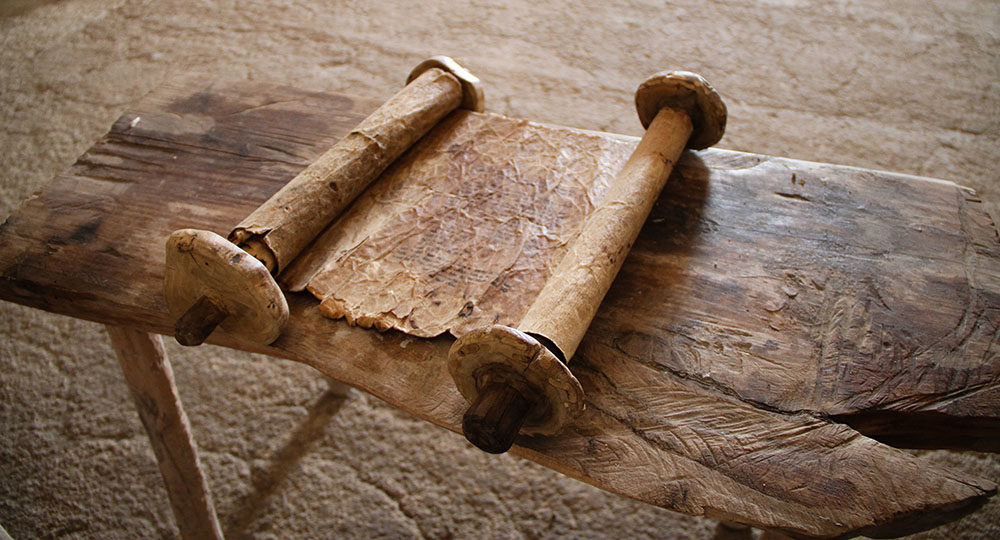

1 thought on “Isaiah 53 and the Messiah of Israel Part One”
Leave a Reply
You must be logged in to post a comment.

You must be logged in to post a comment.
Muslims now claim the Western Wall was a hitching post for Muhammad’s horse! Their claims are preposterous, but they will stop at nothing to rewrite history. And they have two main reasons for doing so.
They looked for Him throughout all their agonies and heartaches, through centuries of oppression and persecution. The Hebrew Scriptures clearly told of His coming. So what happened?
America’s Founding Fathers placed their hope for this nation on the truth of Christianity. But as important as the American historical record is, something else is even more important.
At this Christmas season, do you have joy? True joy comes from something you might not associate with it. But once found, it lasts forever.
Jesus is, indeed, knowable. And He can bring us through the toughest times, give us peace like a river, and be an anchor for our souls—as this article demonstrates.
Through much prayer and meditation in the Word and reading church of Rome history, I could no longer believe the doctrine of the Trinity, in reality three God’s. The OT and NT are in agreement that Yahweh is One. Scribes changed a word or punctuation mark here and there, as they read the Trinity into it. The Trinity is a stumbling block to Jews accepting their Messiah.